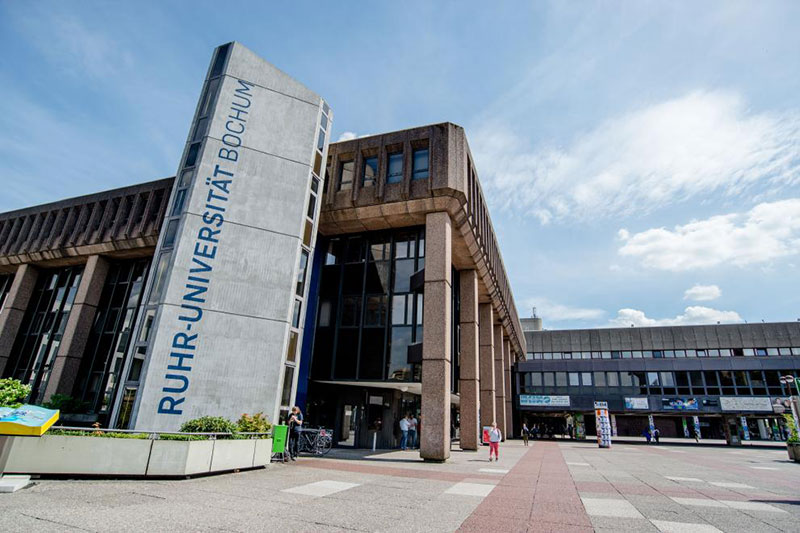RUB aims at excellence in research and teaching by creating knowledge networks on a local, regional, and international level. In particular, the following activities of RUB are relevant for UNIC:
- The extensive networks, knowledge and expertise of Bochum with regard to different types of mobility (physical, virtual and blended mobility) are useful for the UNIC mobility strategy.
- Focus on societal impact. RUB was the first university established in the industrial Ruhr-Area in 1965 with the purpose to give cultural, social and scientific impulses for the region and, especially, to educate non-traditional students. As an institution, RUB is actively and sustainably committed to the integration of refugees. As one of the first universities in Germany, RUB established special programs that prepare students with refugee background for studying at a university.
- Partnership with the City. RUB has developed a very close partnership with the City of Bochum and the other universities in the City of Bochum. This has already led to the establishment of various projects which are integrated in UNIC CityLabs.
- Worldfactory is one of the central transfer and founding projects of Ruhr-Universität Bochum. Both academics and students receive competent advice, rooms and infrastructure for practical testing and networking opportunities. Worldfactory offers a strong combination between new promising ideas, support and (seed) capital. Worldfactory will be used as a good practice to further develop and sustain the outcomes and results of the UNIC University.
- Educational innovation: RUB was one of the first universities in Germany implanting bachelor & master degrees. Its learning and teaching mission and the institutional strategy to promote research-oriented teaching aims to empower students for their future professional life and civic engagement. RUB is well known for its student-centred approach to the development of teaching strategies and formats and is one of a few German universities with a strategy, a concept, a support structure and central funding that enables students to initiate the development of their own courses up to the point where they can be credited within the standard curriculum. This knowledge and expertise will be used to further develop and sustain the UNIC outcomes and results.





